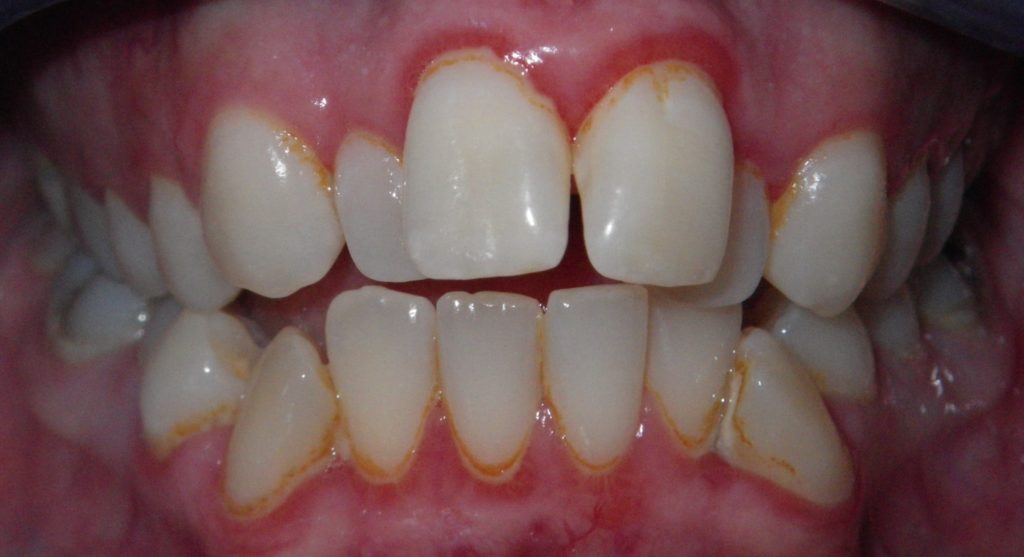The health of your teeth affects and helps define your overall health, the healthier your teeth and gums, the lesser the chances of you getting serious health problems in your older age. Gum disease (Periodontitis) has been scientifically proven to cause a number of health complications, it can be prevented through maintaining good oral hygiene and caring for your teeth and gums overall.
Gum disease is a gradually occurring infection, which means you might have gum disease and you wouldn’t even know, look for the following symptoms to be sure:
- Look for blood in your saliva every time you brush your teeth
- Persistent bad breath also means you have slowly developing gum disease
- Swollen or red gums mean you have gum disease, such gums might also bleed during brushing
- Loose teeth which wobble when touched mean your gums have been weakened by gum disease
The Dangers Of Gum Disease
Poor oral hygiene is just one reason of facing gum disease in older age. People who don’t brush their teeth in their 20’s or 30’s are more likely to build up excessive plaque deposits on their gums. These plaque deposits promote acid-producing bacterial growth which gradually infect the gums and loosen the teeth. In some cases, gum disease might result in intense inflammation of gums; this inflammation is scientifically believed to damage the blood vessels in and around the heart and also cause brain damage in the long run.
Some Dangers Of Gum Disease You Didn’t Know
In recent scientific studies, gum disease has been linked to a number of serious health problems, some of them are:
- Strokes
- Diabetic problems
- Heart diseases and complications
For some people, this might come as a shock, but having gum problems at an early age highly increases your chances of going through these health issues in your later years.
Prevention
No matter what age or condition, gum disease can be prevented and cured. First of all, it is imperative that you form habits of brushing your teeth at least twice a day or every time you eat. This will help dislodge any harmful bacteria stuck to the teeth or gums. Using a fluoride tooth paste also ensures the prevention of harmful bacteria buildups.
It goes without saying how important flossing is, it is important to get bacteria out, from in between your teeth, these are places where your toothbrush can’t normally clean, and flossing does the job. A number of flosses are available nowadays, if you have highly infected gums, try going for smoother floss designed for higher sensitivity.
Apart from these traditional measures, you should consider visiting your dentist when you first see signs of gum disease. Depending on the severity of your case, your dentist would be able to advise you the best action plan to overcome this problem. If the severity of your case is low to moderate, your dentist would be able to clear out your gum infection through the normal scaling and cleaning process. But if your gums are severely affected, your dentist might use surgical procedures as well to fix your gums.
Come and visit our practice for a consultation to find out the best way to take to care of your smile!
